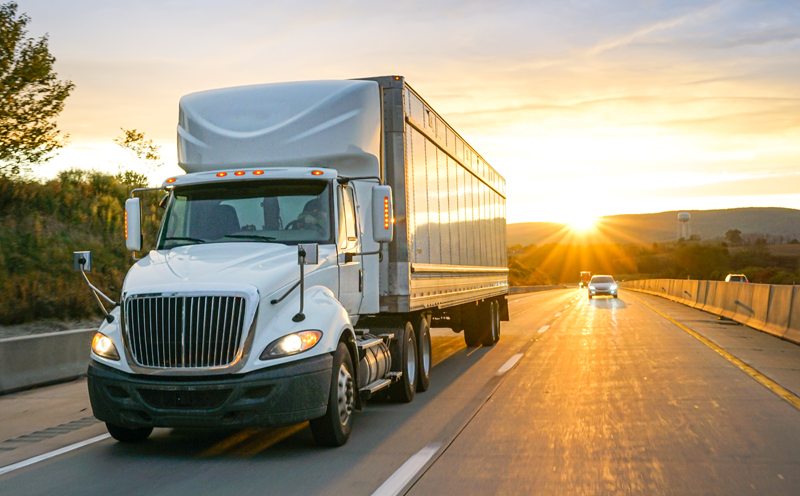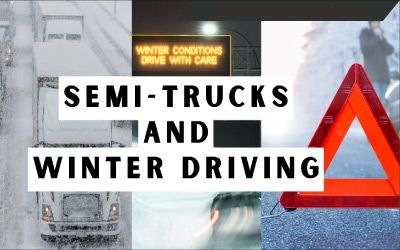What is the statute of limitations for filing a lawsuit in a truck accident case in Michigan?
Individuals have three years from the date of the accident in order to file their lawsuit.
How do I deal with the trucking company and its insurance company?
First and foremost, don’t provide any statements or sign any release forms from the trucking company or its insurance provider. If you find yourself in this situation, seek legal advice immediately. It may even be prudent to consult with an attorney before signing any documents provided by your own insurance company. This will help ensure that you are not inadvertently giving up valuable rights.
Which parties can sue if there was injury or wrongful death after being involved in a truck accident in Michigan?
If a trucking accident results in injury or wrongful death, the victim may sue the other party for pain and suffering damages. If the accident results in wrongful death, the deceased’s family members may also sue for pain and suffering. Parents or guardians may sue on behalf of children involved in Michigan trucking accidents. This is only the case when the other party involved was somehow negligent.
If I decide to bring suit, where should my truck accident lawsuit be filed?
Where to file the lawsuit depends on where the accident took place and where the parties are from. Pursuant to Michigan law, the following is the order one would file suit:
- First – the county where the accident took place and where the defendant resides.
- Second – the county where the accident took place and the plaintiff resides.
- If neither of these applies, file in the county the plaintiff and defendant reside/conduct business.
- If neither of these three applies, file in the county where the accident occurred or in the county where the defendant resides.
If the defendant does not reside in Michigan, the case may be filed in federal court as long as the amount in controversy exceeds $75,000.
What type of recovery is available for those injured or wrongfully killed after being involved in a Michigan truck accident?
In your first-party case, you may be entitled to No-Fault PIP benefits, which would include wage loss, attendant care, and replacement services, medical expenses, etc.
Survivors of those killed in these trucking accidents may receive certain survivor’s loss benefits, such as funeral costs.
Pain and suffering and other non-economic damages are not capped in your third-party case. Currently, there is no limit to the amount you may seek to recover from the opposing party. The insurance policies that cover trucking companies do have limits. For interstate trucking cases, the minimum policy limit is $750,000 as dictated by federal regulation.
What regulations, if any, are trucking companies subject to?
The federal government regulates interstate trucking companies.
What type of insurance, if any, are trucking companies required to carry?
Interstate trucking companies are mandated to carry a minimum of $750,000 of insurance for bodily injury and property damage. The Federal Motor Carrier Safety Administration regulations have been adopted in the state of Michigan, which means that those standards apply to all trucking companies doing business (i.e., traveling) in our state.
If I am a Michigan resident but am involved in a truck accident out of state, should I hire a Michigan attorney or an attorney from the state where the accident took place?
First, it is important to remember that in this situation, even though the accident did not take place in Michigan, you are still covered by your Michigan auto no-fault insurance policy. You are entitled to no-fault benefits even if you are involved in an out-of-state accident. Because Michigan’s auto no-fault system is so unique – and at times, is very difficult to navigate – it might be in your best interest to consult with a Michigan truck accident attorney who will be able to work through the complexities of both Michigan’s auto no-fault law and federal trucking regulations.





